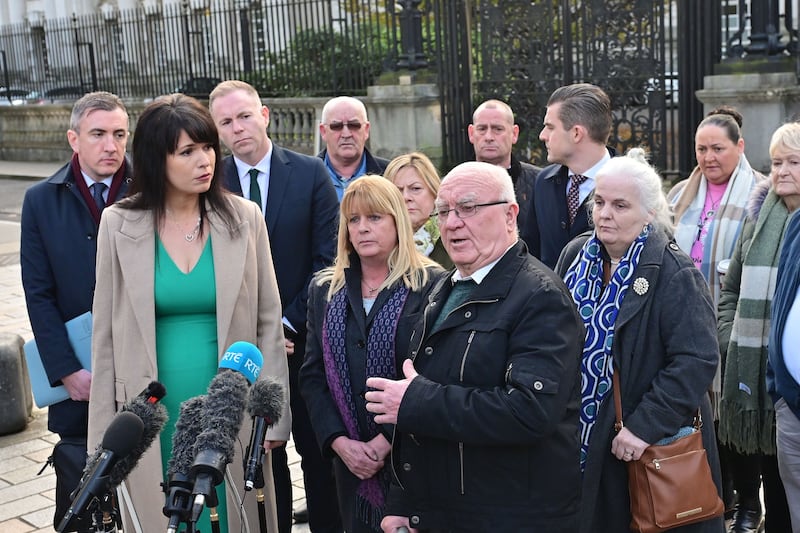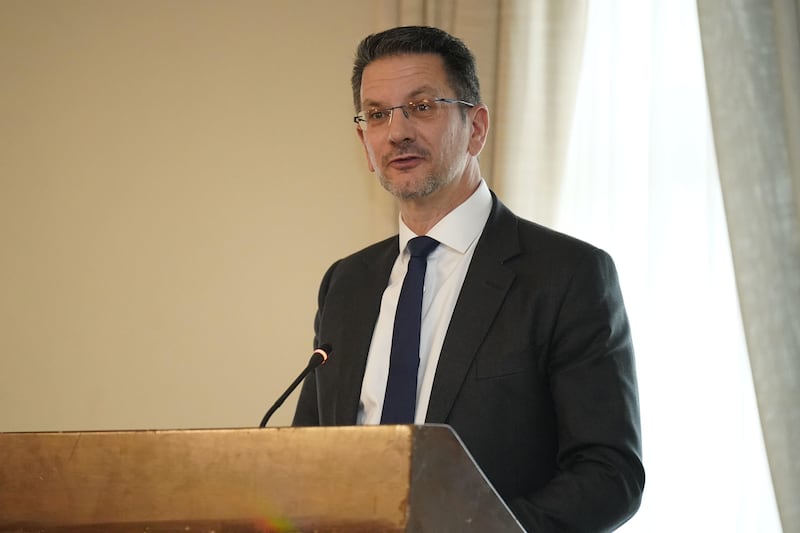In the very unlikely event the British government is still unsure about the strength of opposition to its legacy bill, a poll commissioned by Amnesty International will remove any lingering doubt.
The Northern Ireland Troubles (Legacy and Reconciliation) Bill, which is set to become law next month, proposes an effective amnesty for conflict-related offences in exchange for cooperation with a new information recovery body.
Alarmingly, it also seeks to close down inquests and civil cases relating to Troubles killings, currently the only avenue for many families to secure answers about the deaths of loved ones.
The British government has so far closed its ears to near universal condemnation of the bill, whether from victims, politicians, the Irish government or experts at the United Nations and Council of Europe.
A survey has now indicated that even a majority of Conservative voters are opposed to those accused of killings during the Troubles receiving immunity from prosecution.
The poll found that 87 per cent of all respondents believe people should still be prosecuted for serious crimes even if they were committed decades ago.
More than half of the UK adults surveyed also said those accused of killings specifically related to the Troubles should not be able to avail of immunity in return for information about crimes, compared to only one in five who said they should.
Members of the House of Lords last night narrowly supported a demand to ditch the immunity provision, although MPs may move to restore it when the legislation returns to the House of Commons.
They would do well to listen to the sons of two fellow public representatives, murdered in shocking circumstances half a century ago, who spoke out separately yesterday about the controversial bill.
Paul Wilson, whose father Paddy, a member of the old Northern Ireland Senate and founding member of the SDLP, was stabbed to death in June 1973, described the legislation as wrong and unfair and accused the government of acting out of self-interest.
Earlier, Patsy Kelly, son of a nationalist councillor of the same name who was murdered the following year, claimed the bill was designed to "inflict as much pain as possible" on families seeking answers.
For the Wilson and Kelly families and countless others the passage of decades has done nothing to quell their desire for truth and justice and the government must finally now listen and do the right thing by withdrawing its legacy bill.








